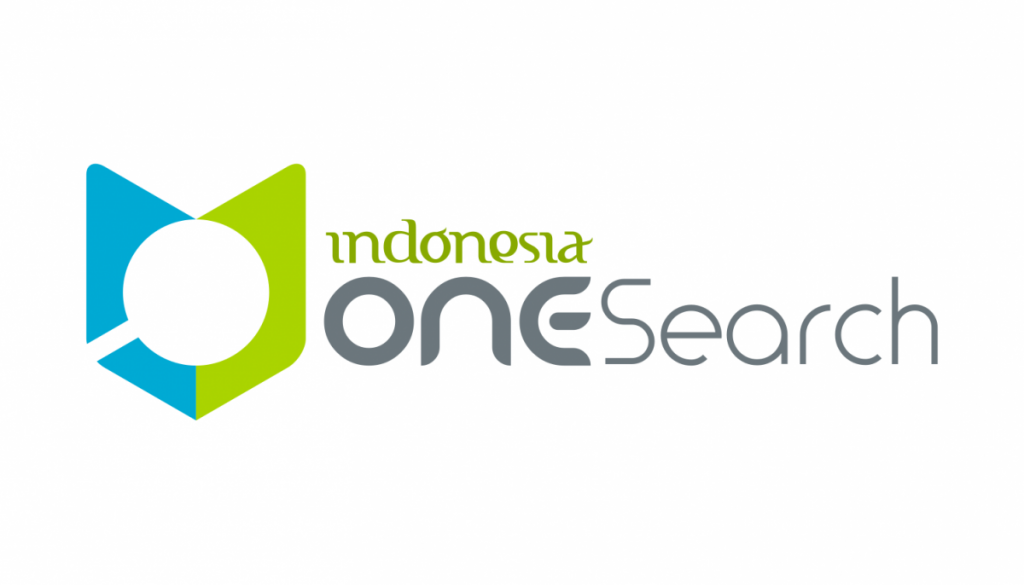BAGAIMANA MASYARAKAT URBAN MEMPERDEBATKAN SAMPAH: PEMBELAJARAN DARI INISIATIF CSR AGROEDUWISATA JAYAKARTA
DOI:
https://doi.org/10.30872/ls.v5i1.3980Keywords:
Agroeduwisata Jayakarta, Kota Berkelanjutan, Sampah, UrbanisasiAbstract
Beberapa studi mengenai persoalan sampah di negara global-selatan masih banyak menyerukan suara pesimistis tentang pengelolaan sampah. Belum banyak ditemukan warga global-selatan yang memandang sampah bukan sebagai barang kotor semata melainkan sumber daya sisa yang berharga. Single case study ini mengungkap hal yang berbeda. Praksis pengolahan sampah yang dilakukan oleh dua kelompok masyarakat urban di Kota Jakarta Timur, Indonesia, yakni Kelompok Tani Hutan (KTH) Rumah Kaum Jayakarta dalam Program Agroeduwisata Jayakarta menunjukkan bahwa kelompok tersebut telah memiliki pandangan dan praktik pengelolaan sampah yang tidak saja menguntungan secara lingkungan, namun juga secara ekonomi dan budaya. Program tersebut diterapkan dan dikembangkan melalui kerjasama dengan CSR PT ANTAM Tbk UBPP Logam Mulia. Dalam temuan studi ini, selain sampah diperlakukan bukan sebagai barang kotor dan rusak, namun sampah justru dapat dikonversikan menjadi emas. Praksis yang telah dilakukan kelompok dalam program tersebut selaras dengan konsep pembangunan kota berkelanjutan.
Downloads
References
Andersson, E. (2006) “Urban landscapes and sustainable cities,” Ecology and society, 11(1).
Andersson, M. and von Borgstede, C. (2010) “Differentiation of determinants of low-cost and high-cost recycling,” Journal of Environmental Psychology, 30(4), pp. 402–408.
Brenner, N. (2014) “Introduction: Urban theory without an outside,” Implosions/explosions: Towards a study of planetary urbanization, 17.
Brenner, N. (2016) Critique of urbanization: selected essays. Birkhäuser.
Brenner, N. and Schmid, C. (2015) “Towards a new epistemology of the urban?,” City, 19(2– 3), pp. 151–182.
Cornea, N., Véron, R. and Zimmer, A. (2017) “Clean city politics: An urban political ecology of solid waste in West Bengal, India,” Environment and Planning A, 49(4), pp. 728–744.
Demaria, F. and Schindler, S. (2016) “Contesting urban metabolism: Struggles over waste‐to‐ energy in Delhi, India,” Antipode, 48(2), pp. 293–313.
Dyer Jr, W. G. and Wilkins, A. L. (1991) “Better stories, not better constructs, to generate better theory: A rejoinder to Eisenhardt,” Academy of management review, 16(3), pp. 613–619.
Estevez, E., Lopes, N. and Janowski, T. (2016) “Smart sustainable cities: Reconnaissance study.”
Felix, R. and Braunsberger, K. (2016) “I believe therefore I care: The relationship between religiosity, environmental attitudes, and green product purchase in Mexico,” International Marketing Review, 33(1), pp. 137–155.
Ferreira, B. et al. (2008) “The economic aspects of recycling,” Post-Consumer Waste Recycling and Optimal Production, p. 99.
Forman, R. T. T. (2014) Urban ecology: science of cities. Cambridge University Press.
Gaya, H. J. and Smith, E. E. (2016) “Developing a qualitative single case study in the strategic management realm: An appropriate research design,” International Journal of Business Management and Economic Research, 7(2), pp. 529–538.
Guibrunet, L., Calvet, M. S. and Broto, V. C. (2017) “Flows, system boundaries and the politics of urban metabolism: Waste management in Mexico City and Santiago de Chile,” Geoforum, 85, pp. 353–367.
Gustafsson, J. (2017) “Single case studies vs. multiple case studies: A comparative study.”
Hodson, M. and Marvin, S. (2014) After sustainable cities? Routledge.
Ives, C. D. and Kidwell, J. (2019) “Religion and social values for sustainability,” Sustainability Science, 14, pp. 1355–1362.
Johnston, L. F. (2014) Religion and sustainability: Social movements and the politics of the environment. Routledge.
Karpman, M., Zuckerman, S. and Gonzalez, D. (2018) “The well-being and basic needs survey,” Washington, DC: Urban Institute.
Lauder, M. and Lauder, A. F. (2017) “Place Names and Cultural Heritage in an Archipelagic Country.”
Leal Filho, W. et al. (2016) “Benchmarking approaches and methods in the field of urban waste management,” Journal of Cleaner Production, 112, pp. 4377–4386.
Mesjasz-Lech, A. (2014) “Municipal waste management in context of sustainable urban development,” Procedia-Social and Behavioral Sciences, 151, pp. 244–256.
Moore, J. (2014) “Wasting away: Value, waste, and appropriation in the capitalist world- ecology,” World-Ecological Imaginations: Power and Production in the Web of Life, 1.
Ogutu, F. A., Kimata, D. M. and Kweyu, R. M. (2021) “Partnerships for sustainable cities as options for improving solid waste management in Nairobi city,” Waste Management & Research, 39(1), pp. 25–31.
Pasang, H., Moore, G. A. and Sitorus, G. (2007) “Neighbourhood-based waste management: a solution for solid waste problems in Jakarta, Indonesia,” Waste management, 27(12), pp. 1924–1938.
Pearson, L., Newton, P. and Roberts, P. (2014) “Resilient sustainable cities,” A future. Abingdon: Routledge, 10, p. 9780203593066.
Rahman, J. H. et al. (2021) “COVID-19 and Gender Role in Unemployment: How Women in Special Capital Region of Jakarta is Less Likely to be Unemployed During Economic Disturbance,” in E3S Web of Conferences. EDP Sciences, p. 6014.
Romero‐Hernández, O. and Romero, S. (2018) “Maximizing the value of waste: From waste management to the circular economy,” Thunderbird International Business Review, 60(5), pp. 757–764.
Sahlins, M. (2013) Culture and practical reason. University of Chicago Press.
Sahlins, M. D. (1962) “Sociological Aspects of Economic Growth.” JSTOR.
Sharma, H. B. et al. (2021) “Circular economy approach in solid waste management system to achieve UN-SDGs: Solutions for post-COVID recovery,” Science of the Total Environment, 800, p. 149605.
Stan, M.-I. (2014) “Public-Private Partnership-a solution for sustainable urban development of cities,” Curentul Juridic, (1), pp. 139–147.
Suprasetio, A. (2020) “Persepsi Peziarah tentang Kebermanfaatan Wisata Religi Pangeran Jayakarta." Universitas Negeri Jakarta.
Surjandari, I., Hidayatno, A. and Supriatna, A. (2009) “Model dinamis pengelolaan sampah untuk mengurangi beban penumpukan,” Jurnal Teknik Industri, 11(2), pp. 134–147.
Thanh, N. P. and Matsui, Y. (2013) “Assessment of potential impacts of municipal solid waste treatment alternatives by using life cycle approach: a case study in Vietnam,” Environmental monitoring and assessment, 185, pp. 7993–8004.
Van Voorst, R. (2016) “Formal and informal flood governance in Jakarta, Indonesia,” Habitat International, 52, pp. 5–10. doi: https://doi.org/10.1016/j.habitatint.2015.08.023.
Zaman, A. U. and Lehmann, S. (2011) “Urban growth and waste management optimization towards ‘zero waste city,’” City, Culture and Society, 2(4), pp. 177–187.









